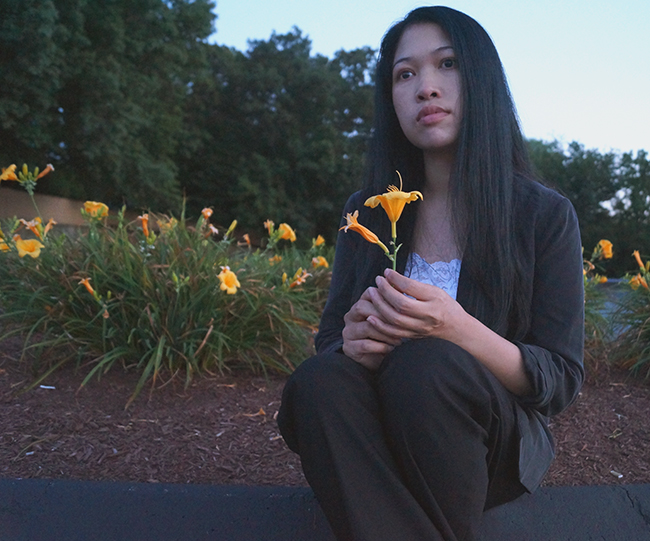Glory and imperfections
There are two basic motivating forces: fear and love. When we are afraid, we pull back from life. When we are in love, we open to all that life has to offer with passion, excitement, and acceptance. We need to learn to love ourselves first, in all our glory and our imperfections. If we cannot love ourselves, we cannot fully open to our ability to love others or our potential to create. Evolution and all hopes for a better world rest in the fearlessness and open-hearted vision of people who embrace life. ~John Lennon
http://leelavadeeflower.blogspot.com/2015/02/glory-and-imperfections.html
+441 This post has been reshared 15 times on Google+


















